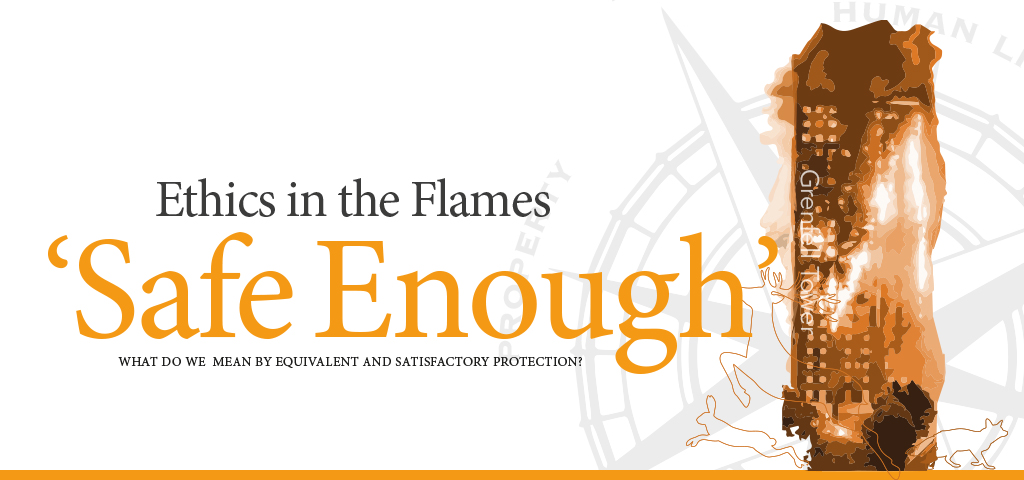In a time of climate change, growing inequality, and increasing demands for resilience, fire and rescue services are confronted with profound questions—not only about technology and resources, but about justice, responsibility, and values.
Sweden’s Civil Protection Act (2003:778) stipulates that all individuals, regardless of their place of residence, have the right to a satisfactory and equivalent level of protection for their life, property, and the environment. But what does that actually mean in practice? What counts as “enough”? What is “fair”? And who gets to decide?
Despite the law’s high level of ambition, these terms remain open to interpretation—especially at the municipal level, where local conditions, political priorities, and community needs vary significantly. Neither the former Swedish Rescue Services Agency nor the current Swedish Civil Contingencies Agency has provided a precise or operational definition.
Meanwhile, ethical and philosophical perspectives are gaining ground globally as essential tools for navigating today’s complex risks. The UN’s Sendai Framework for Disaster Risk Reduction and the 2030 Agenda both emphasise the importance of inclusive, value-driven, and sustainable development. New fields such as disaster ethics, climate justice, and disaster justice are rapidly emerging—but fire prevention and preparedness remain underexplored.
My research situates the Civil Protection Act within this broader context. By examining how the notions of “satisfactory” and “equivalent” protection are interpreted and applied—and what underlying values guide these interpretations—I aim to contribute to both academic insight and professional development.
The ambition is to strengthen the foundation for a more reflective, informed, and just approach to fire risk management—aligned with Swedish legislation and global sustainability goals—and to spark a broader dialogue about how we, as a society, define and distribute protection from harm.
About Me
With a background as a fire and risk management engineer, complemented by a senior officer degree, I have built a professional profile that combines strategic analysis with practical decision-making. I have worked as a consultant in fire safety and risk management, served at the County Administrative Board in Stockholm, where I handled some of the region’s most complex urban planning cases as well as serving as on call duty officer from a regional crisis management perspective, and gained international experience through service with the fire and rescue service in New Zealand.
Today, I combine my role as an incident commander at Södertörn Fire and Rescue Service with work on research and development projects within our Projects Unit. I play a central role in several EU-funded initiatives under Horizon Europe and its predecessor, coordinating SBFF’s contributions to the development of tomorrow’s digital tools for emergency responders.
What I bring to research is not just practical experience—but a deeper understanding of what is truly at stake in every emergency response, every preventative measure, every policy decision. Being able to combine this experience with philosophical and academic analysis allows me to influence how we define fair, effective, and legitimate protection against accidents. I view this as a vital bridge between academia and the real world—and as an opportunity to contribute to a more reflective, professional, and sustainable fire and rescue service.
Following communication films are in Swedish but you can use youtubes subtitle translation function if you want.

